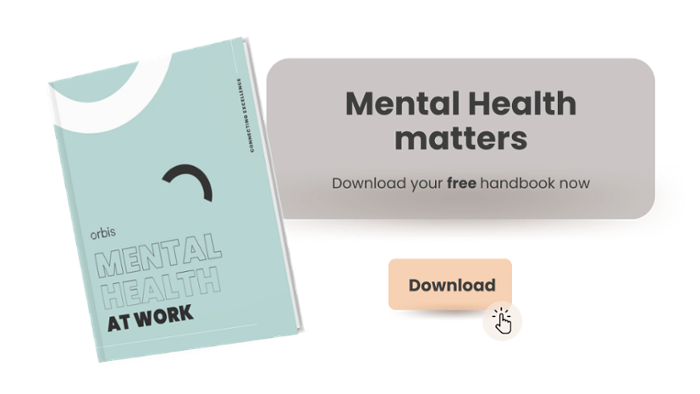
Talking about money can be a big taboo, but it’s the source of happiness (and misery) for all of us. Unfortunately, money is the way the world goes around, and having a healthy relationship with it dictates ultimately, how you can live your life! Like alcohol, work, or our interpersonal relationships, the way we view and talk about money can be broken or addictive, too.
Debt is one of the biggest contributions to suicide
Research has shown that money stress can make people 20 times more likely to make a suicide attempt. Debt can feel suffocating and isolating, and financial education is one of the key ways to start to heal your relationship with money and also get rid of any debt that you may have accumulated.
Talking about money can be difficult for a number of reasons
Whether you’ve been taught to not talk about money, or you simply feel embarrassed because you’re not sure where to start, not having a platform or a person to discuss your financial situation and find solutions can leave you feeling even more isolated.
There are a few ways that you can mitigate this and get comfortable with talking about your finances. Lines such as nationaldebtline can be great for impartial advice, but equally having a trusted friend or family member can give you clarity, too. The first step to tackling debt is talking about it, and then creating a plan to help! You aren’t alone.
Be conscious of how you earn your money
Whether you are on a basic salary, basic and commission, freelance, or part-time, there are a number of ways that you can earn your money - and all come with different rules and risks. If you are in a role where your earnings can be volatile (such as commission or freelance) you will have to get used to budgeting and managing your money more efficiently.
Download a budgeting app
Most banks nowadays allow you to see your transactions in real-time, put spending limits in place, and have much better control over how you spend your money. Monzo, Revolut, and Starling Bank are some great examples of banks (and amazing FinTechs) that allow for this, as well as great international rates for spending your money abroad.
Separately, there are also a number of budgeting apps (or a good old-fashioned spreadsheet, whatever you prefer) to help you log your spending. Even if you get into the habit of reducing your budget by a certain amount each month, you’ll start to get into a flow of being better with your money.
Commit to a savings account (that you can’t touch)
If you’re someone who transfers all of your money into savings at the beginning of the month, only to incrementally transfer it all back by the end of the month - you aren’t alone, we’ve all been there.
Instead, commit to a savings account that is locked and focus on a small amount each month that is manageable for you. This will keep you accountable, won’t break the bank, and equally will give you a cushion to fall back on.
Naturally, this is nuanced and will depend on your current situation, so don’t beat yourself up if you can only save £25 a month, it’s better than nothing! Financial literacy is difficult to master, especially if you are working in a role where you are earning far more than you’d ever imagine. You can get accustomed to a certain lifestyle and worry about savings “later” - when a small mindset shift (and maybe not going to that brunch and saving £50) can make a big difference.
Therapy
Debt, if unmanaged, can be severe, and more serious measures must be put in place to help with the trauma surrounding money management. Seeking therapy (there are many different types available) can be a great way to unlearn toxic behaviours and traits and instead develop a healthy relationship with debt and money management overall.
Know that there is a solution
Please know that you aren’t alone, and there are organisations, people, and programs that can transform your relationship with money, and manage your debt.
Here are some helpful resources we've discovered. Please share your own in the comments section below, as well as your perspectives on money and mental health.
If you've been struggling with money and it's affecting your mental health, or just want more resources in general, check out our free Mental Health in the Workplace handbook, available to download now.


